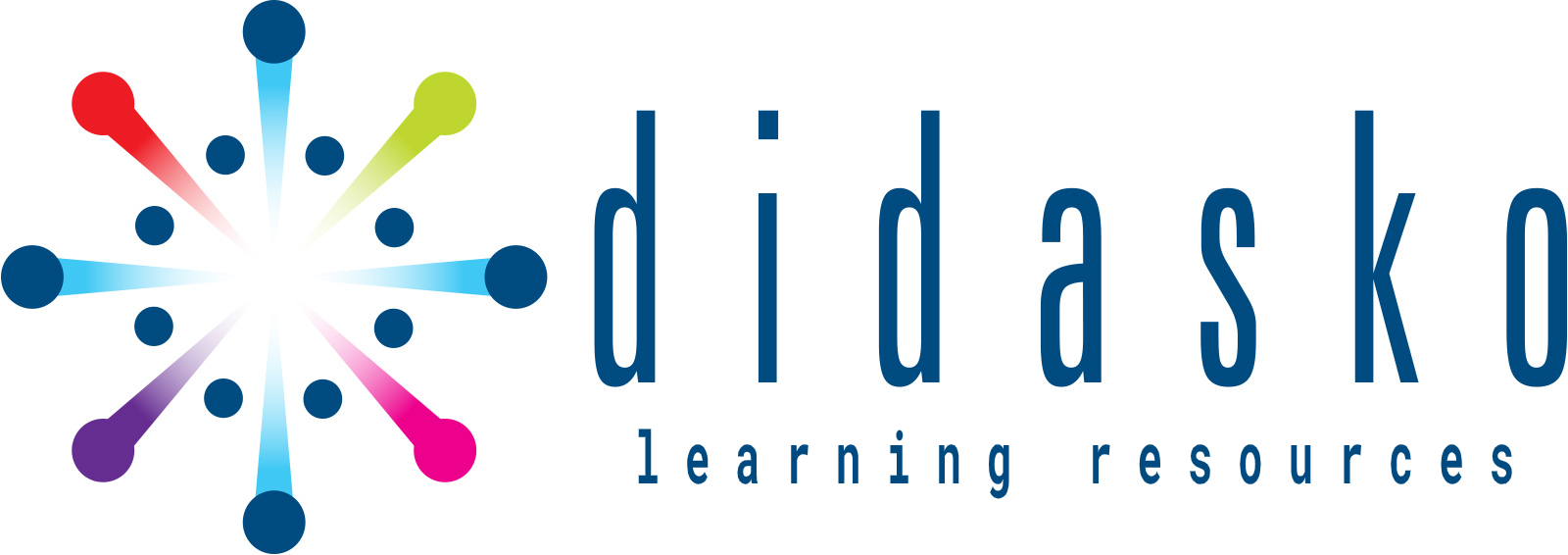Decoding the Digital Classroom: How eLearning Benefits Modern Students
 January 2024
January 2024

In an era where technology is at the forefront of almost every aspect of our lives, the field of education is not far behind. The traditional classroom setting is evolving rapidly to embrace the digital age, leading to the rise of online education. This transformation is proving to be more than just a trend; it’s a response to the changing needs and preferences of modern students.
Catering to Contemporary Learners
The current generation of learners is distinctively tech-savvy, seeking education solutions that align with their digital lifestyle. Online learning advantages are numerous and perfectly cater to these needs. One of the most significant benefits of online learning is its accessibility. Students from any geographical location can access course materials as long as they have an internet connection. This breaks down barriers that traditionally hindered learning, such as distance and time constraints.
Interactivity and Engagement
Interactivity and engagement in online education is a game-changer, especially in the context of digital classrooms. These environments are not just about conveying information; they are about creating an immersive and interactive learning journey. The use of multimedia elements like videos and podcasts transforms traditional learning methodologies into an active experience. Videos, for instance, bring concepts to life, providing visual and auditory stimuli that can significantly enhance understanding and retention.
Interactive quizzes are another essential tool in the digital educator’s toolkit. They provide immediate feedback, allowing learners to assess their understanding in real-time and educators to gauge the effectiveness of their teaching. These quizzes can be designed to be adaptive, responding to the learner’s performance and offering tailored challenges that keep the learning process engaging and relevant.
Podcasts offer yet another layer of interactivity. They can be used to introduce new ideas, delve into discussions, or provide insights from experts in the field. Students can listen to these at their convenience, making them an excellent resource for learning on the go.
Furthermore, the interactivity of online education extends beyond just content delivery. Discussion forums and collaborative projects foster a sense of community among learners, encouraging peer-to-peer interaction and learning. These forums can be invaluable for your students who might feel isolated in an online learning environment, providing them with a platform to share ideas, ask questions, and learn from their peers.
Self-Paced Learning
Self-paced learning is a significant advantage of online learning. It allows your students to learn at their own speed, spending more time on topics they find challenging and moving quickly through those they grasp easily. This flexibility is particularly beneficial for learners who balance their studies with other commitments, such as work or family.
Technological Advancements Enhancing eLearning
eLearning is undergoing a remarkable transformation driven by rapid technological advancements. These innovations are not just enhancing the delivery of educational content but are redefining the very nature of learning experiences.
Artificial Intelligence (AI) plays a pivotal role in this transformation. AI-powered systems can offer personalised learning paths by analysing individual learning patterns and performance. This means that the content can adapt in real-time to suit the learner’s pace and style, providing a custom-tailored educational journey. AI also brings in intelligent tutoring systems that can simulate one-on-one interactions, offering guidance and feedback that was once only possible in a traditional classroom setting.
Virtual Reality (VR) and Augmented Reality (AR) are other significant technological forces in eLearning. VR immerses students in a completely virtual environment, ideal for simulating real-world scenarios or exploring concepts that would be difficult to grasp in a traditional classroom. For instance, medical students can perform virtual surgeries, or history students can ‘visit’ ancient civilisations. AR, on the other hand, enhances the real world with digital overlays, providing an interactive experience that can turn any environment into a learning space. These technologies make learning not just informative but also engaging and experiential.
Adaptive learning algorithms are also crucial in this technological revolution. These algorithms analyse data from students’ interactions with the learning material and adjust the curriculum to their learning needs. This approach ensures that students are neither overwhelmed nor under-challenged, keeping them in the optimal zone for learning and engagement.
Additionally, cloud computing has facilitated greater accessibility in eLearning. Educational resources and platforms hosted on the cloud can be accessed from anywhere, at any time, breaking down geographical barriers and enabling a truly global learning environment.
These technological advancements in eLearning also significantly enhance the real-world applicability of online courses. For instance, AI systems can be tailored to incorporate industry-specific scenarios, preparing students for actual challenges they might face in their careers. VR and AR provide immersive experiences that mimic real-life work environments, from corporate settings to complex technical operations, giving students a practical understanding of professional tasks. Adaptive learning ensures that the knowledge gained is deeply rooted in the context of real-world applications, making the transition from academic learning to professional practice more seamless and effective. This integration of technology with practical skills development is essential in preparing students for the rapidly evolving demands of the modern workforce.

SIT50422 and Online Learning
Courses like the SIT50422, which focuses on hospitality management, benefit immensely from the shift to online learning. The course’s nature demands practical, real-world skills that can be effectively taught through interactive and immersive online modules. Offering this course in an easily accessible and digestible format makes your learning institution a preferable choice for learners.
Similarly, when we consider culinary education and the pursuit of a Certificate IV in Patisserie, the advantages of online learning are evident. Courses like SIT50422, with their emphasis on hospitality management, highlight the importance of practical, hands-on training. Through interactive online modules, aspiring pastry chefs can access valuable resources, including virtual kitchen simulations, recipe demonstrations, and even virtual mentorship from experienced chefs. This blend of practicality and accessibility not only enriches their patisserie skills but also enhances the overall learning experience, making Certificate IV in Patisserie a highly attractive option for culinary enthusiasts.
Partnering with Didasko Learning Resources
If your RTO or TAFE is looking to embrace the digital classroom, partnering with Didasko Learning Resources is a strategic move. Didasko offers a range of training materials and courses that are not just in line with the current educational trends but are also crafted to make learning interactive and impactful. By collaborating with us, you can ensure that your offerings are not just meeting the current standards of education but are setting new benchmarks in digital learning.
As the world leans more towards digital solutions, eLearning emerges as an indispensable tool in modern education. It’s not just about staying abreast with the times; it’s about offering students a learning experience that is in sync with their lifestyle and learning preferences. With the support of Didasko Learning Resources, your institution can successfully navigate this transition, offering students an education that is relevant, engaging, and effective.




